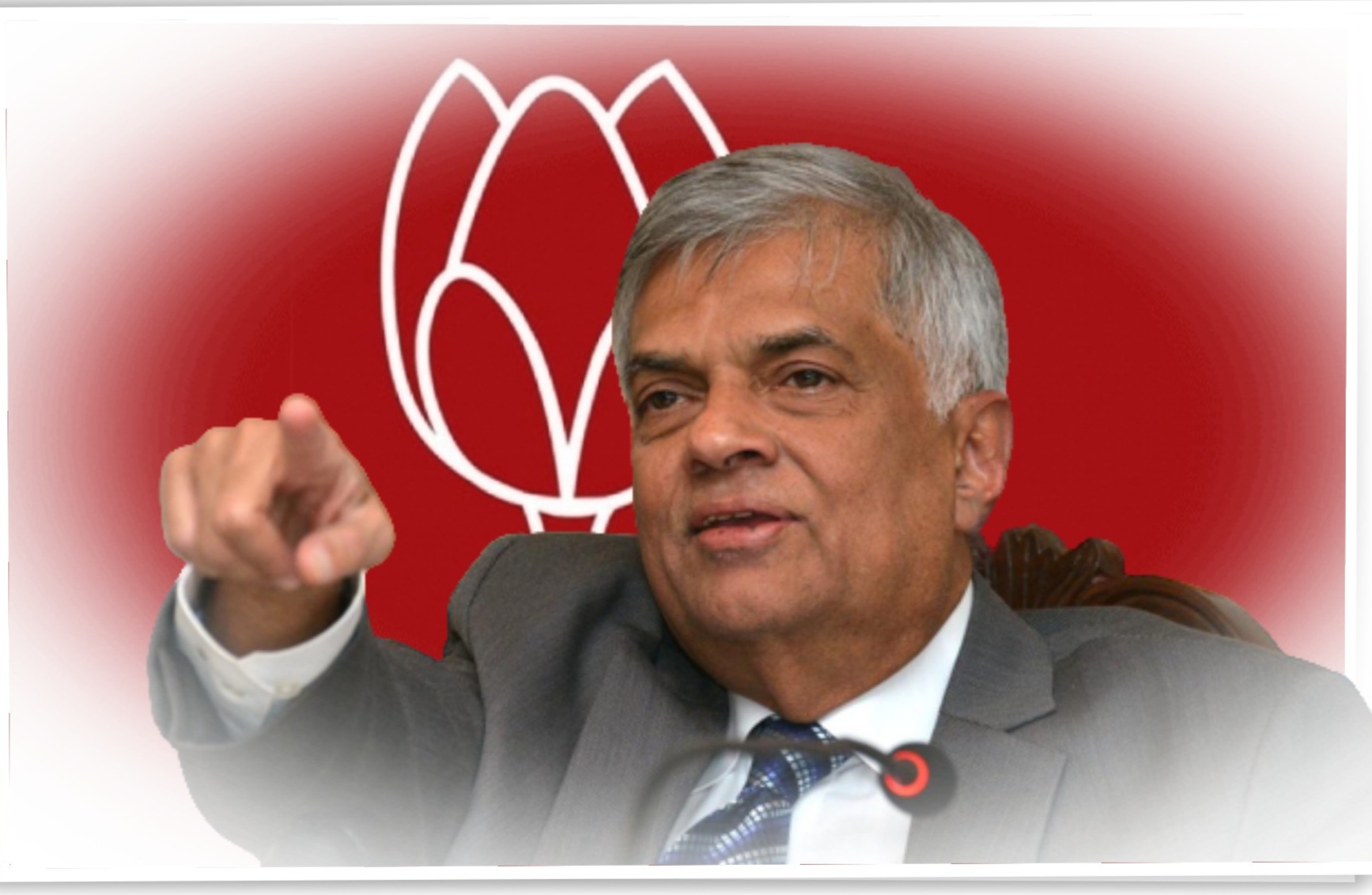The question is being asked in political circles as fissures begin to appear in the marriage of convenience between Wickremesinghe’s United National Party (UNP) and the party he is in government with, the Sri Lanka Podujana Peramuna (SLPP) led by the Rajapaksas.
Even if it hasn’t been spelt out in black and white, Wickremesinghe’s political strategy is set: deliver some relief measures to the voting public, have an army of social media activists project his image as the economic saviour of the nation and then conduct a presidential election before reality dawns on the public and the President’s new-found gloss wears off.
There are some obstacles to overcome, though. The Constitution, as it stands now, does not allow Wickremesinghe to call an early presidential poll. That privilege is available only to an elected President. Wickremesinghe is a ‘stand-in’ President chosen by Parliament to serve the remainder of the term that Gotabaya Rajapaksa was elected to and cannot implement the provision of calling a presidential poll after four years.
That is not to say it is impossible. All it would take is a constitutional amendment. The political strategist that Wickremesinghe is, he can throw down the gauntlet at the opposition by presenting the required constitutional amendment to Parliament. The opposition, which has been clamouring for early local government, general and presidential elections will be hard-pressed to say ‘no’.
In Wickremesinghe’s list of priorities, a presidential election takes the top spot. He would have learnt a lesson from Sri Lanka’s only other ‘stand-in’ President, Dingiri Banda Wijetunge. Chosen by Parliament to serve the remainder of assassinated President Ranasinghe Premadasa’s term, Wijetunge called for general elections first instead of a presidential poll. Chandrika Kumaratunga and her newly formed Peoples’ Alliance won that contest, became Prime Minister and went on to win the presidential election a few months later. Wickremesinghe wouldn’t want history to repeat itself.
Therefore, Wickremesinghe’s current focus is on rallying enough troops around him to go into battle at the next presidential poll. He is very aware that his own UNP is a ghost of what was formerly the Grand Old Party. So, he is now on a recruitment drive that will kill two birds with one stone: get him the services of seasoned politicians while at the same time destabilising and weakening other major political parties.
This has already begun in earnest with the Samagi Jana Balavegaya (SJB). Informal contacts are being made at a furious pace with those who were once Wickremesinghe’s subordinates in the UNP. Rajitha Senaratne heads the list of potentials. The already ‘independent’ Kumar Welgama is another likely candidate while Mayantha Dissanayake and Thalatha Atukorale are being spoken of as ‘maybe’s. Even the so-called economic think tank of the SJB comprising of Harsha de Silva, Eran Wickramaratne and Kabir Hashim are being constantly targeted. Wickremesinghe is comfortable playing this game of hide and seek with the SJB: they are, after all, his erstwhile colleagues.
The story in dealing with the SLPP is entirely different. The SLPP took a decision to ensconce Wickremesinghe in the Presidency in the belief that he will look after their interests. The understanding was that he would hold the fort and tide through the crisis and then hand the baton back to the SLPP and the Rajapaksas at the appropriate time, even if it was in 2029.
The SLPP has kept its end of the bargain. Its ministers and MPs have abandoned all sense of shame, dignity and self-respect to support Wickremesinghe in the past nine months. The lasting image of Dinesh Gunawardena shouting ‘hora, hora, banku hora’ at Wickremesinghe and then meekly accepting to be his Prime Minister is testimony to this.
Wickremesinghe however has other motives. He feels that hitching his wagon to the SLPP would spoil his chances of re-election because the popularity of that party and the ‘Rajapaksa brand’ is at such a low ebb now. Therefore, he has embarked on a strategy of wooing selected members of the SLPP, those who he believes have potential.
Already some in the SLPP are making noises in support of Wickremesinghe. Asked at an interview, Minister of Power and Energy Kanchana Wijesekera said that discussions regarding the next presidential candidate from the SLPP explored the possibility of Wickremesinghe contesting on a ‘common’ ticket. Thereafter, Minister Bandula Gunawardena was to say that he saw ‘nothing wrong’ with that.
This hasn’t gone down kindly with the SLPP hierarchy. The response was swift. SLPP General Secretary Sagara Kariyawasam, known to be a Basil Rajapaksa loyalist, quickly floated the idea that Rajapaksa was the ‘ideal’ candidate at the next presidential election, given his ‘achievements’ as Minister of Economic Development under Mahinda Rajapaksa.
Kariyawasam usually echoes His Master’s Voice and would not have spoken in this vein without Basil Rajapaksa’s blessings. It is to be noted that Rajapaksa still holds United States citizenship and cannot even enter Parliament but then, he can always do what Gotabaya Rajapaksa did and renounce his United States citizenship.
If Wickremesinghe’s strategy is to split the SLPP, he seems to have succeeded. Now, there is a faction that aims to please Wickremesinghe more than the Rajapaksas believing that he is the best bet to their political survival, come 2024. Then there is another group that remains blindly and fiercely loyal to the Rajapaksas and dislike Wickremesinghe’s divisive tactics. Needless to say, the latter have the support of the Rajapaksas.
It appears as if Wickremesinghe, in trying to further his presidential ambitions, has ruffled feathers among the SLPP leadership. That Wickremesinghe keeps denying Rajapaksa loyalists Cabinet portfolios on some pretext is another sore point. All these issues have led to the Rajapaksa camp re-assessing their previously unequivocal support for Wickremesinghe.
Politics in Sri Lanka is a funny game. Wickremesinghe may think he has mastered it but his past record indicates that he has been outfoxed by Chandrika Kumaratunga, Mahinda Rajapaksa and even Maithripala Sirisena. Will the same fate befall him yet again? That is quite possible.





